WesCeleb: Ella Dawson ’14
You can thank Ella Dawson ’14 for her part in keeping Wesleyan weird. The editor-in-chief of Unlocked, Wesleyan’s sex and sexuality magazine, Dawson has made it her job and joy to promote schoolwide conversations about sex positivity and feminism. The Argus sat down to talk to Dawson about Unlocked, sexual health issues, porn, and hookup culture.
The Argus: Why do you think you’re a WesCeleb?
Ella Dawson: I am fairly well known around campus for working with Unlocked, the sex magazine. I think most people’s first impression of me is either the girl yelling at them to join at the Student Activities Fair by saying, ‘No, sex is good! Come here! Don’t be scared,’ or from being that person really loudly talking at parties about how women like sex too. I think I make an interesting first impression. That’s probably the biggest reason, I would say.
A: How did you get involved in Unlocked?
ED: I joined my freshman year. They put out an advertisement on Wesleying for a new assistant writing editor and I applied, and I think I was only one of two or three people. So I got the job! I launched right in, because most of the editing staff were seniors about to graduate, and I was the one fresh-blood member they’d found. And then they all graduated, and I was left running a magazine by myself with no experience. That’s how that started, and I’ve loved it from the beginning. It’s a really awesome, quirky presence on Wesleyan’s campus, and it’s one of those few remaining things that keeps Wesleyan weird, so I’m very loyal to it and proud of it. And now we have a huge team of six or seven sophomores and freshmen on staff, so it’s grown, and I’m really proud of it.
A: Were you interested in writing about sex before you came to Wesleyan?
ED: I’ve always been a writer, and I’ve always been interested in feminism and sexuality. And for a long time, I didn’t see those things as overlapping. I always wrote about my relationships and my life when I was in high school. I started writing fan fiction in middle school and in high school started writing real fiction, and by nature of writing about my life I started writing about sex and relationships. I didn’t understand it as ‘sex writing;’ it was just what I was writing about.
Then I got to Wesleyan and started taking FGSS classes and started hearing ‘the personal is political’ and ‘reclaim your experience,’ and I started to put the pieces together. Unlocked was the intersection of the two parts of my life that I always cared about. I’d always been a feminist, always been interested in sex-positive politics because I’d been working for Planned Parenthood for so long. I was despised at my high school—and worshiped at my high school—for attempting to give out condoms during our abstinence-only sex education my senior year. So they’re two passions I’ve always had, and I learned how much they overlapped when I was at Wesleyan and through Unlocked.
A: Once you became the editor-in-chief of Unlocked, what were your goals for the magazine?
ED: I believe I was the first female editor-in-chief, which surprises some people. There were definitely women on staff, but I’m the first leader, I suppose. A priority of mine was representing more female perspectives on sexuality. The editors before me were amazing and they definitely pushed the envelope, but the magazine could be somewhat intimidating to strangers. I remember when I wanted to join Unlocked my freshman year at the Student Activities Fair, and they were wearing leather chaps and had dildos all over the table. I wanted to make Unlocked less scary to people who wouldn’t necessarily want to pick it up or work for it. I was actually a virgin when I joined staff, which I was deadly afraid they would find out. So I wanted to open up Unlocked; I wanted it to have a bigger presence on campus but also be more approachable. I also wanted more women on staff, more representation of queer sexuality, more people of color.
Those were my goals, and I wouldn’t necessarily say I met all of them, but I definitely tried. I just wanted it to be funnier, because sex is really weird and funny and awkward, especially in college when everyone thinks that everyone is having so much sex and that everyone must know everything. I just wanted to expose the fact that most of us have absolutely no idea what’s going on, and have Unlocked be weird and awkward as well. Our sex horoscopes in the last issue are a really good example of that, of being completely off the wall and silly.
A: You’ve been running Unlocked for three years. Since then, how has not only Unlocked, but also the campus in general changed in terms of its representations and views on sex and sexuality?
ED: When I was joining staff, people were starting to have really serious conversations about sexual assault on campus and consent. I believe my first year as editor-in-chief, or maybe the year before when I was a freshman, there were all of the sexual assault scandals in the fraternities and a lot of really important conversations started about how the campus and the administration responds to those issues. Sadly, I think some of those conversations died away without many actual practical solutions, but that’s definitely been very much a topic that people are aware of and engaging with. I wound up spending a lot of time with different fraternity members in the past year or so; one of my closest friends runs the social justice department [of AEPi], I think it’s a committee. And my friend at AEPi is talking a lot about how fraternities can be a positive influence. I know that conversation has been going on, and that’s something that Unlocked has been trying to represent as well.
But I think in general, Wesleyan considers itself very good at [discussing] sexuality and communication and consent and actually is not as ready to admit its various shortcomings: we do talk about consent, but we don’t talk about the underside of sexual health on campus, and how heteronormative a lot of the conversations are about sexual health, especially. I hear a lot in my FGSS classes about how frustrated people get, especially queer women on campus, when they keep getting the same condoms in their mailboxes from WesWell: ‘Well, what am I going to do with this?’ There are definitely ways in which Wesleyan’s view on sexuality has evolved and yet run stagnant at the same time.
A: Beyond Unlocked, what else are you involved in on campus?
ED: Where to start? People are really intrigued by my thesis that I’m working on at the moment. I’m doing an FGSS thesis that is an anthology of short fiction and also an academic look at the genre of feminist erotica, which raises so many eyebrows. I just spent winter break working for my dad at a trade show, and all these adults were asking me what I was working on. ‘Well, I’m writing porn. And it’s a feminist act, so don’t look scandalized!’ So that’s something I’m working on, how female sexuality can be better represented in porn and erotica, and how women’s erotica can be a very limiting category as well as an empowering one.
A: You said you were doing a creative part of your thesis as well. What form has that taken?
ED: I’m writing five or six different short stories of varying lengths about what female sexuality looks like on a college campus. I’m staying very true to the source material that I have and the experiences of myself and my friends and common problems I see on campus. My thesis is very loyal to my experiences; I’m trying to write what I know, basically. Some of the stories are about hookup culture and how positive as well as negative of an experience that can be for women as well as men. Some of my stories are about how sex can be meaningless and yet meaningful, how it can change you, how a one-night stand can be very intimate whereas sex in a relationship, not as much, and that’s not necessarily a bad thing either. I’m just trying to play with and undo the classic examples of how people view hookup culture and female sexuality in our age group. I’m doing that through fiction, thinly veiled fiction at times. But it’s been very fun.
A: Especially now at the beginning of your last semester, are there any new things you’re taking on, trying out, or want to work on?
ED: The clock is definitely running out for me. I’m very loyal to making sure Unlocked continues and thrives once I’m gone. We’re about to put out our new calendar for 2014, which looks beautiful. I used to do a lot of work for WESU; I had a radio show for a couple of semesters, and I took a step back from that, but I still do some subbing down at the station. I’m mainly trying to appreciate the time I have left at Wesleyan. I’ve loved this school in all of its flaws, and I’ll be very sad to go. I want to finish my Wesleyan bucket list—some of which is probably not appropriate for the Argus.
A: What stuff is?
ED: I dunno, it’s all kind of sketchy. Don’t arrest me! Something that I do want to research and write about in my last few months at Wesleyan is the presence of sexually transmitted infections on campus, because that’s something that very few people want to talk about and admit is a very serious reality here. I want to write a feature for Unlocked and possibly a Wespeak about how people with STIs are very invisible on campus, and how there’s an incredible STI stigma on campus, which is strange for a school that claims to be—and understands itself as—so sex positive. I’m going to talk to some of the PHAs and WesWell and someone at ASHA, just to see what’s going on and why it’s such a glaring lack in the conversation about sexuality we have here at Wesleyan.

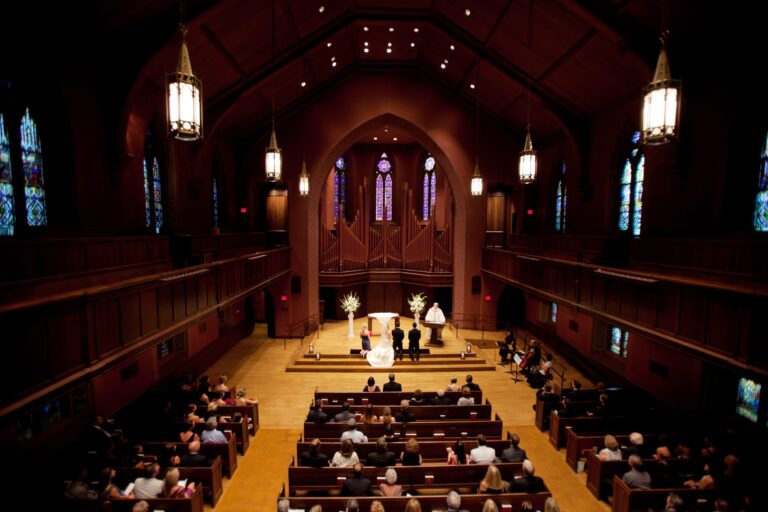
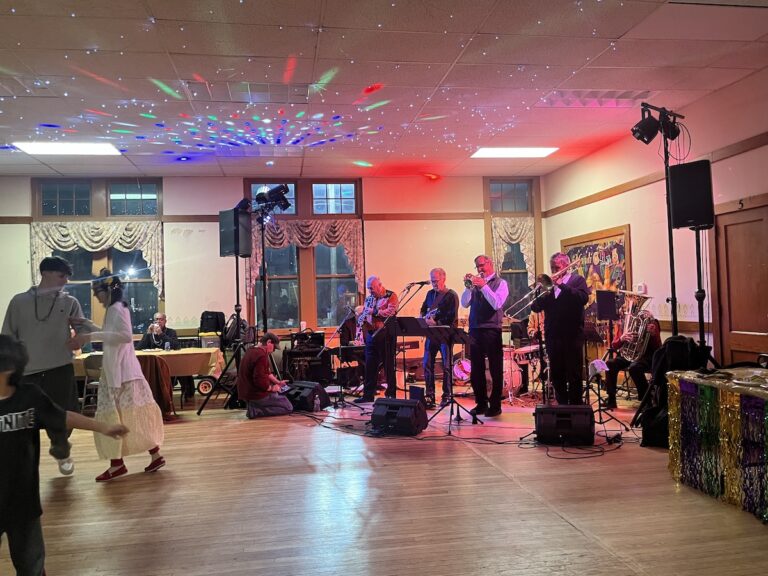

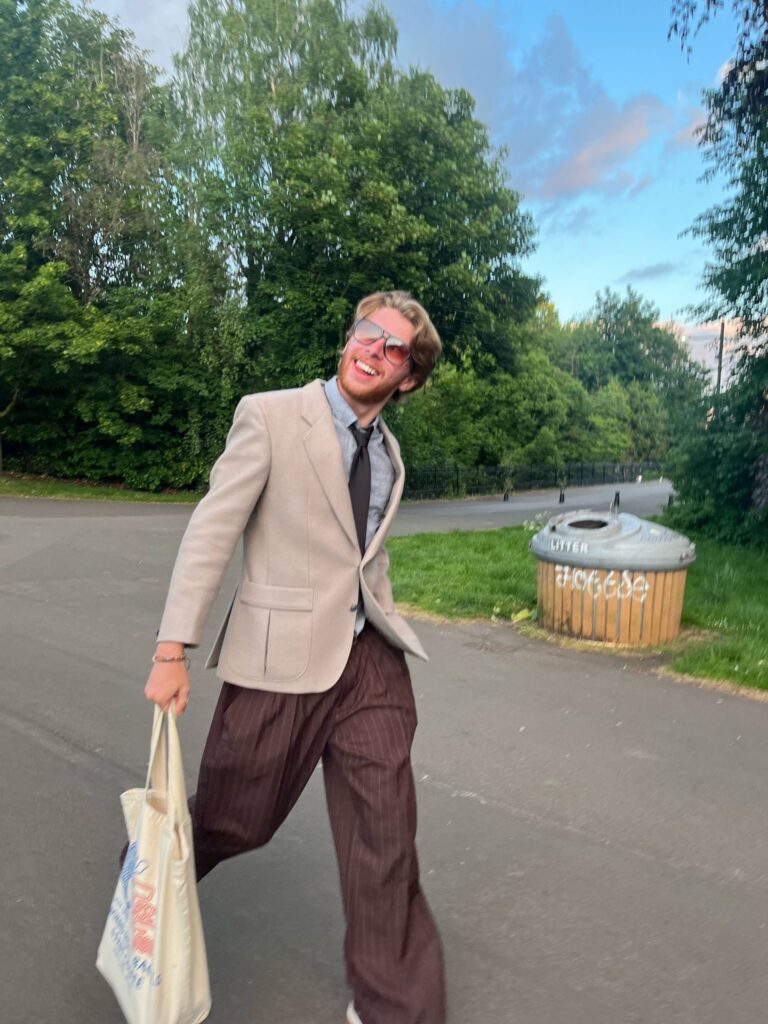
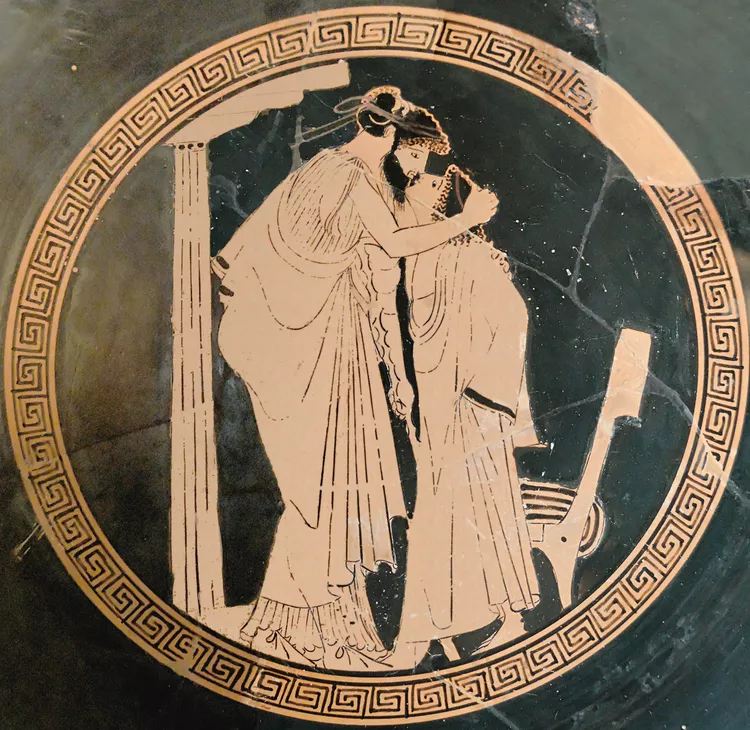
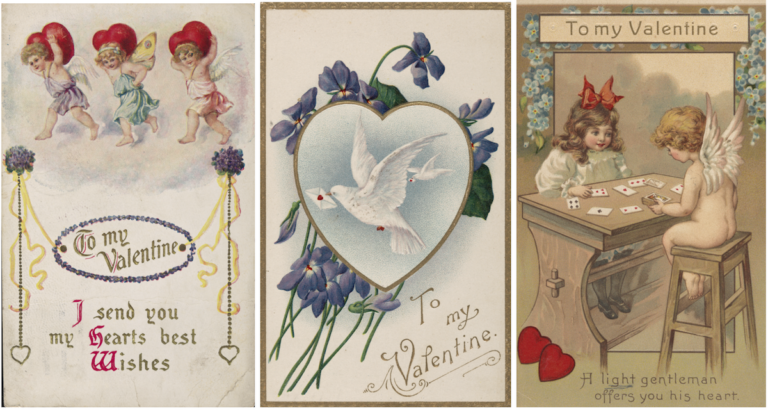
Really appreciate the thoughts on things that need to change on campus about our dialogue about sexuality and consent. Im definitely one of those queer women sick of getting condoms in my mail box all the time. I’m not too familiar with unlocked, has it been successful in increasing diversity or is that one of the goals you’re still working on? What was it like before you took charge? Great job!!
I try to see increasing diversity as an ongoing responsibility, not a goal that can be checked off. Every issue is different and some do a better job than others of being inclusive due to the fact that most of our submissions are unsolicited. We print what we receive, and if we don’t get any submissions about queer life at Wes one semester, ultimately that will be lacking from the issue. But I made having a diverse core editing staff a priority and that will definitely have an impact on our upcoming work!
I won’t say it wasn’t diverse and inclusive before I took charge, but it read as very masculine to me. My signature as e-i-c is the lighter tone and visual style of the magazine and calendar, making it less intimidating while still Unlocked.
Our 2014 Calendar should be on sale in a few weeks, keep an eye on Wesleying for updates! And we are also taking submissions for our 2014 magazine, so please consider sending work to unlockedmag@gmail.com!